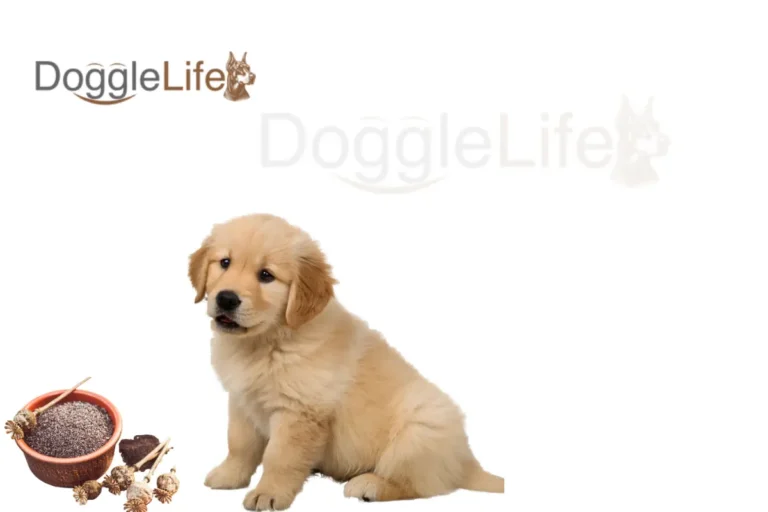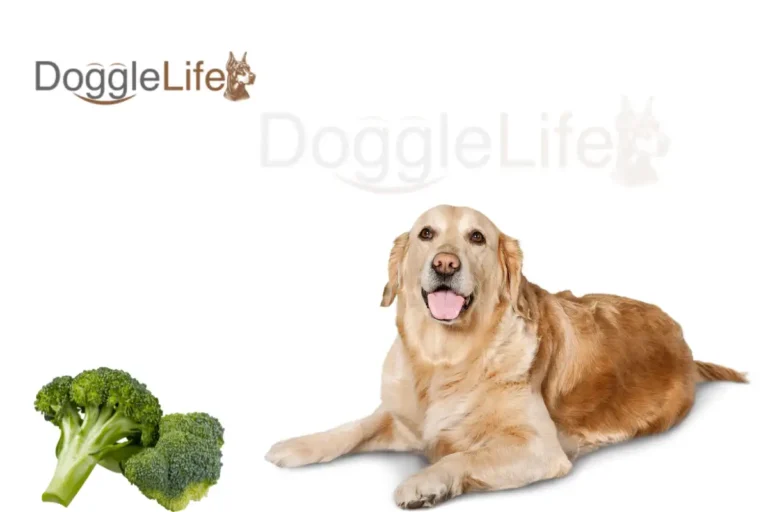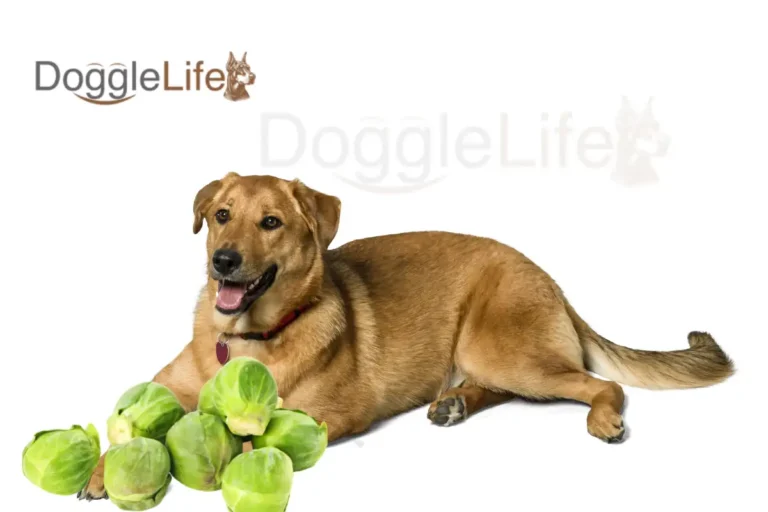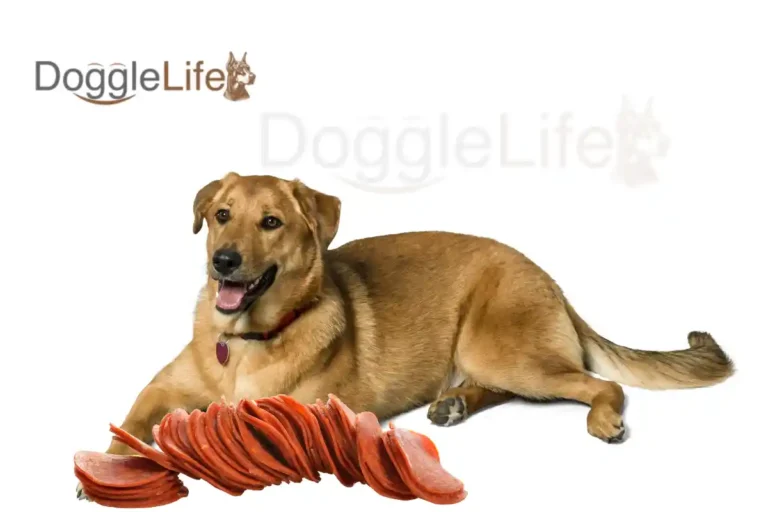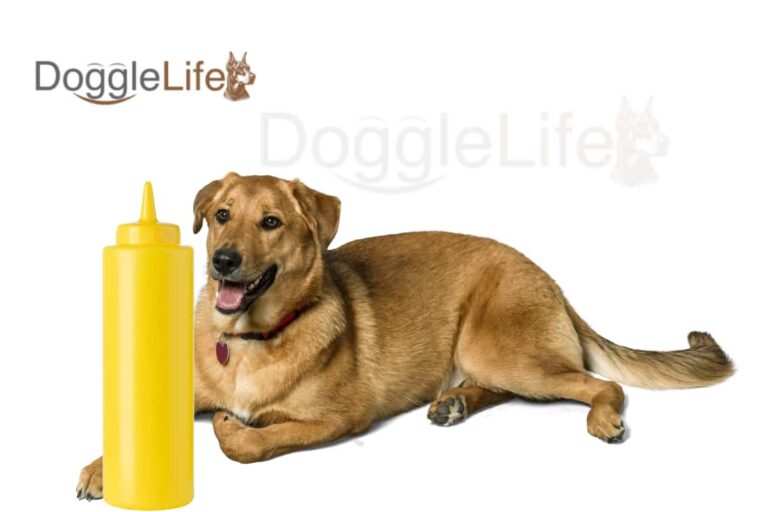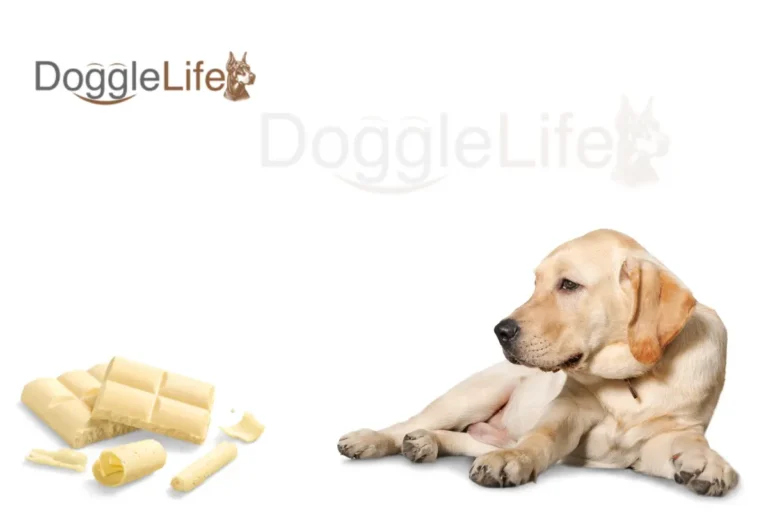Can Dogs Eat Scallops Vet Approved
When pet owners ask can dogs eat scallops, it’s usually because they want to share their favorite seafood with their pup. In this guide, we’ll break down whether scallops are safe in different forms, including cooked scallops, raw scallops, and even combinations like scallops and shrimp. We’ll also cover dried scallop, fried scallops, sea scallops, scallop roe, and even Chinese dried scallop, so you’ll know exactly what’s safe and what to avoid.
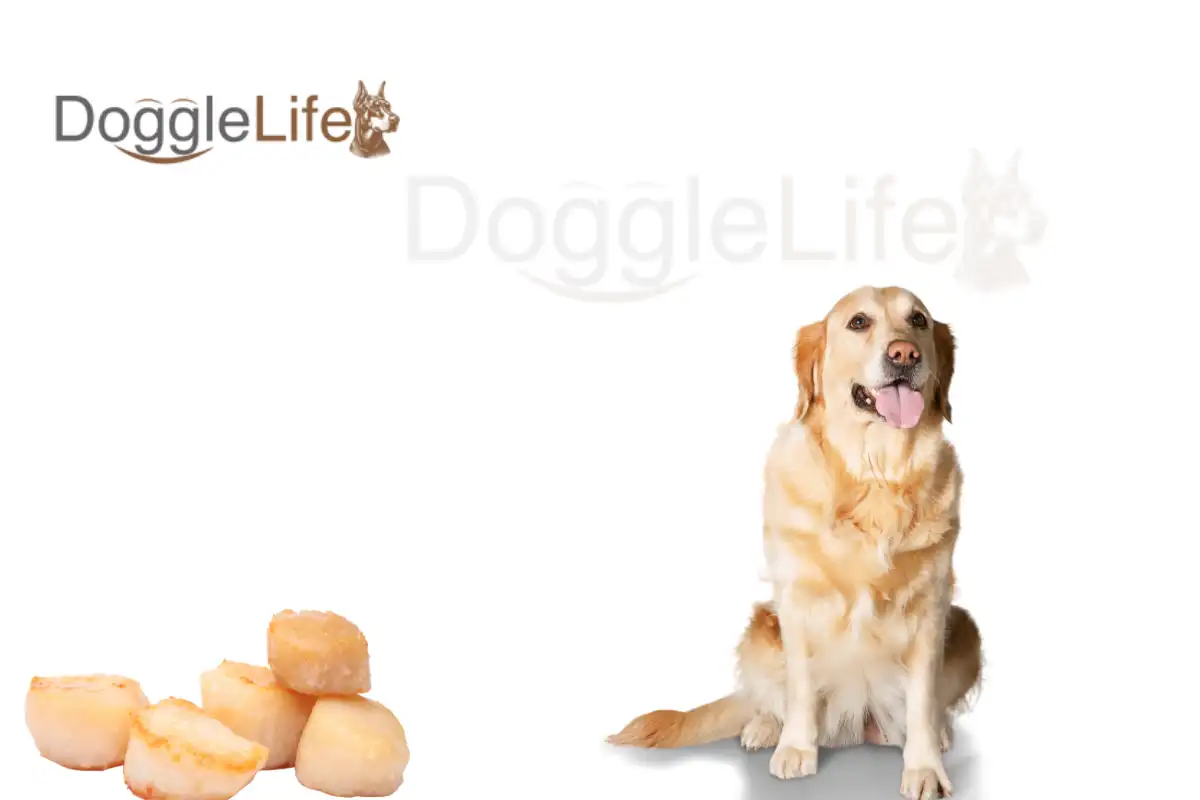
can dogs eat scallops
Yes, dogs can eat scallops in moderation, but they should always be cooked and plain. Scallops are high in protein and contain beneficial minerals like magnesium and potassium that support your dog’s muscles and overall health. However, never serve scallops fried or seasoned with butter, garlic, or spices.
Expert tip: Always introduce scallops slowly into your dog’s diet and watch for any allergic reactions.
can dogs eat cooked scallops
Dogs can eat cooked scallops as long as they are steamed, boiled, or baked without oil, salt, or seasonings. Cooked scallops are safer than raw ones because cooking removes harmful bacteria. They’re a healthy source of lean protein and can be a tasty treat.
Expert tip: Stick to small portions of cooked scallops as an occasional snack, not a daily meal.
See also:Can Dogs Eat Raw Broccoli
See also:Can Dogs Eat Spicy Food
can dogs eat raw scallops
No, dogs should not eat raw scallops. Raw scallops may contain bacteria or parasites that can upset your dog’s stomach and even cause foodborne illness. Cooking scallops properly is the only safe way to serve them.
Expert tip: If you want your dog to enjoy seafood, always make sure it’s thoroughly cooked to avoid unnecessary health risks.
See also:Can Dogs Eat Tilapia
See also:Can Dogs Eat Vinegar
can dogs eat scallops and shrimp
Yes, dogs can eat scallops and shrimp if both are cooked plain without oils, butter, or spices. Together, they provide a boost of protein and minerals. But keep in mind that shrimp shells and tails should always be removed before feeding.
Expert tip: Serve scallops and shrimp as a rare treat, not as a regular diet replacement, since too much seafood can upset your dog’s digestion.
can dog eat dried scallop
It’s best to avoid giving your dog dried scallop. Dried scallops often contain added salt or preservatives that are harmful to dogs. Even if they are plain, the concentrated protein can be too much for your dog’s stomach to handle.
Expert tip: Stick with fresh, cooked scallops instead of dried ones for a safer and healthier choice.
Can dogs eat fried scallops
Fried scallops are not ideal for dogs. While the scallop itself is a source of protein, frying adds oils, butter, and seasonings that can upset your dog’s stomach or even cause pancreatitis.
Expert tip: If you want to give scallops to your dog, always serve them plain and fully cooked, not fried.
Can dogs eat sea scallops
Sea scallops are safe for dogs in moderation. They are packed with protein and essential nutrients like vitamin B12. Make sure they’re fully cooked and plain, without salt or seasoning.
Expert tip: Introduce sea scallops gradually to see how your dog’s digestive system reacts.
Can dogs eat scallop roe
Scallop roe can be given to dogs sparingly. It contains nutrients but also high cholesterol and potential salt content, which can be harmful in large amounts.
Expert tip: Always rinse scallop roe thoroughly and serve only a small portion to avoid digestive issues.
Can dogs eat chinese dried scallop
Chinese dried scallops are very concentrated and often salted, making them unsuitable for dogs. The high sodium can be dangerous even in small amounts.
Expert tip: Stick to fresh or frozen plain scallops instead of dried ones for your dog’s safety.
So, after looking at cooked, raw, fried, dried, and even shrimp or roe combinations, the big question remains: can dogs eat scallops? The short answer is yes, but only in moderation and when prepared safely. Whether it’s sea scallops, scallop roe, or Chinese dried scallop, the key is knowing the right way to serve them. Always put your dog’s health first and consult your vet before adding new foods to their diet.

